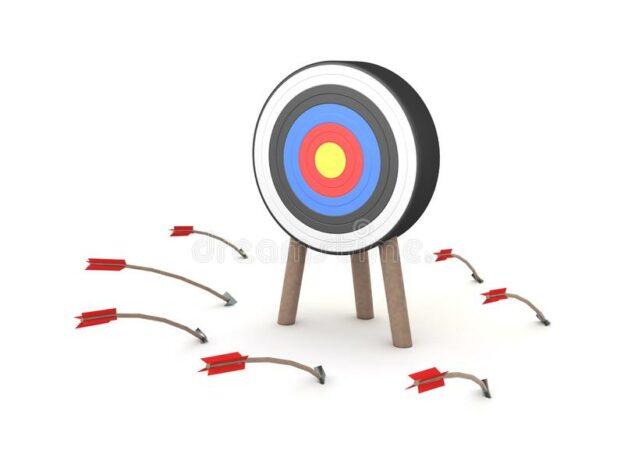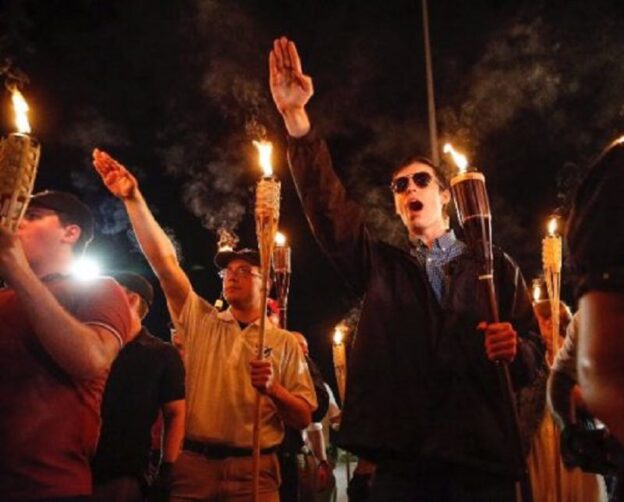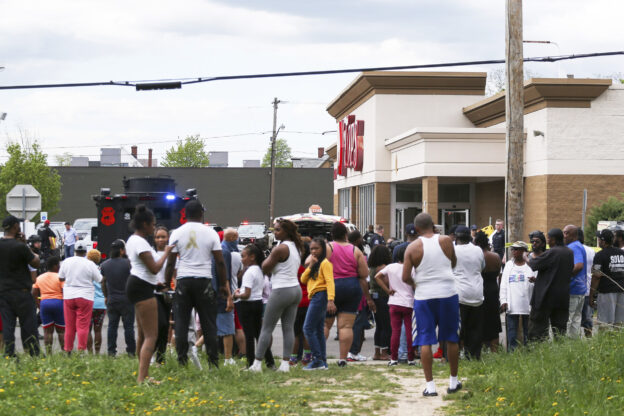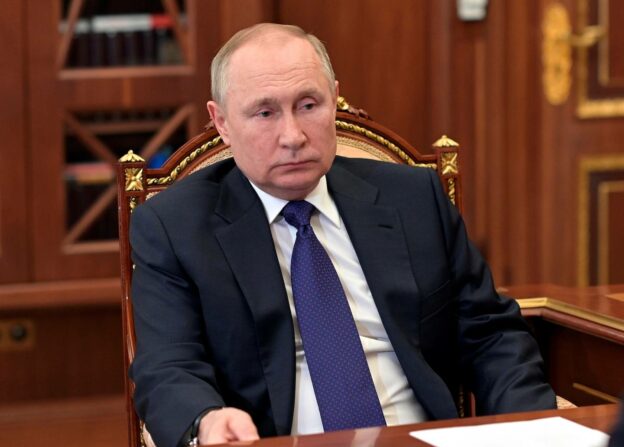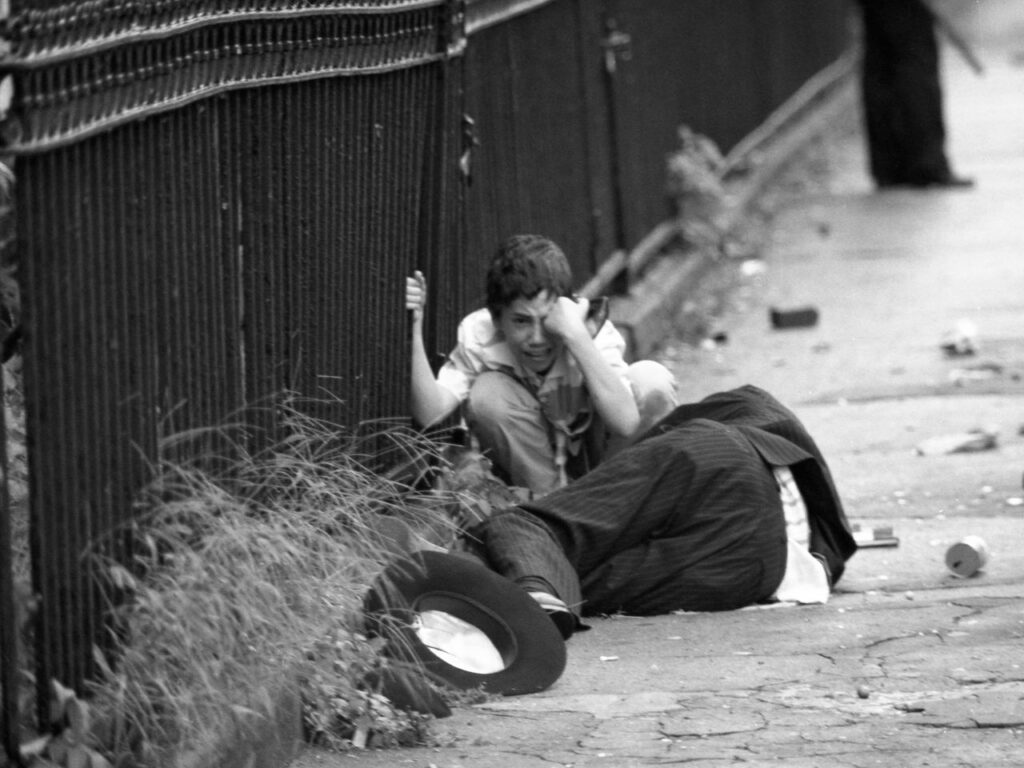
A kind person might characterize the New York Times’ seemingly insatiable interest in Orthodox Jews as a simple, even laudable, recognition of the community’s importance.
The less benevolent would characterize it as an obsession – and not a healthy one, either for the obsessed or the object of their obsession.
Much well-deserved criticism has been offered – most recently in a masterful essay in the October issue of Commentary by Yeshiva University Azrieli Graduate School of Jewish Education Professor Moshe Krakowski – of the Gray Lady’s hissy fit several weeks ago over chassidishe yeshivos’ curricula.
More recently, though, the Times scored another fix for its addiction to things Orthodox. This one was less incendiary, but still objectionable in several ways.
Titled “How the Hasidic Jewish Community Became a Political Force in New York,” the 2300-plus-word piece seeks to explain, well, just that. And it does a decent job of describing the evolution of Orthodox political activism.
The article’s subheader, though, only reiterates the paper’s longstanding, and apparently incurable, Orthodoxophobia.
“Elected officials,” it reads, “rarely embrace positions that could antagonize Hasidic leaders, who typically encourage their community to vote as a unified bloc.”
The subtle picture thereby painted by the Times for its readers is of craven politicians kissing the rings of sinister bearded Jews who direct their minions (and, thereafter, the politicians) to do their bidding. A less fevered image, one that would have truly been fit to print, would be, simply, politically engaged citizens voting in accord with their self-interest. A phenomenon usually known as democracy.
Leaders of other groups – be they progressives, Hispanics, Asians or communities of color – also encourage their constituents to vote for candidates of their choosing. Somehow, though, they are spared the slander of being characterized in the paper of record as “unified blocs” that inspire fear in candidates. Which is why you may have often read about, say, the “black vote” but never about the “black bloc” (despite the phrase’s mellifluousness).
What’s more, it was particularly reckless that the Times published its recent article at a time when Jews (once again) have been accused by unstable cultural figures (each with tens of millions of fans) of controlling the world.
But what really stuck in my craw was the piece’s description of the “pivotal moment” in the emergence of Orthodox activism in New York in 1991: the “Crown Heights riots [that] shook the city.”
When, in the article’s words, “Brooklyn streets had turned into combat zones, pitting groups of Hasidic Jews against mostly Black men” [emphasis mine].
Makes it sound like a showdown between rival urban gangs, not a vicious, hate-fueled attack by one ethnic group against another, whose members sought only to repel the onslaught and defend itself.
Although the article musters the sympathy to acknowledge that “Hasidic leaders in Brooklyn pleaded with city officials for more police intervention and protection, but the help did not come until days later,” the description of the pogrom itself is odiously misleading.
And, as it happened, it echoed the paper’s description in 2012 of the 1991 events as having been “riots that exploded between blacks and Hasidic Jews” [ditto about the emphasis] – as if marauding gangs of Jews and blacks had spent four days attacking one another, when, in fact, the besieged Jewish residents of Crown Heights cowered and prayed as their non-Jewish neighbors attacked them and their property. (Has war “exploded between” Russia and Ukraine?)
And if, back in 2012, the description of events smelled not only rancid but familiar, that’s because a full decade earlier, in a report about the reversal of the federal civil rights conviction of Yankel Rosenbaum’s murderer, the Times called the riots “violence between blacks and Orthodox Jews” [yes, ditto again].
After that description appeared in 2002, I called the reporter whose byline appeared on the report, and asked him whether he felt that his wording really reflected what had happened on those horrific days in 1991.
To his credit, he admitted that his choice of phrase had “not been the wisest.” I responded that I appreciated his honesty and trusted that a more accurate description of the pogrom would be used in future Times reports.
Well, the Gray Lady is 20 years grayer now, but, frustratingly, no wiser.
© 2022 Ami Magazine

